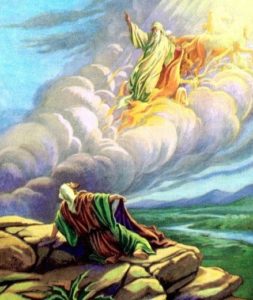Kundalini, Kukulkan, Leviathan, and Nachash: Why do cultures and religions from all over the world use similar serpentine imagery? What is so special about the snake symbol and how does it tie into spiritual elevation and enlightenment? And what does it have to do with Mashiach and the End of Days? Find out in this class where we explore the origins of the mystical snake from the first verses of Genesis, and see how it manifests in the cosmos, the constellations, and the current war in Gaza.
For more on the Ophiuchus constellation, see ‘Mashiach and the Mysterious 13th Zodiac Sign’. For the class on dinosaurs and evolution, see here.
For more on Kundalini in Judaism, see ‘Judaism vs. Hinduism’.

